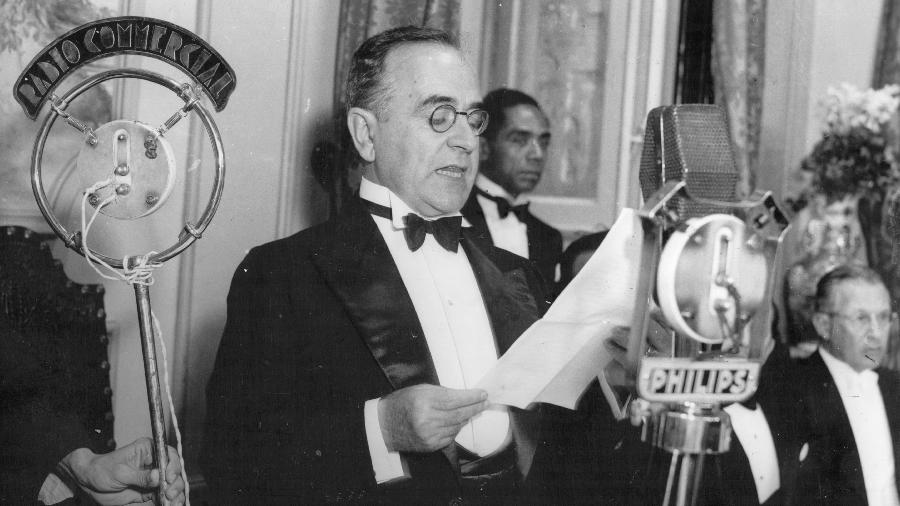On November 10, 1937, Getúlio Vargas declared, in a nationwide radio address, that Brazil was under a new regime of government, the Estado Novo (New State). Characterized by the centralization of power, nationalism, anti-communism, and authoritarianism, the Estado Novo lasted until 1945 when Getúlio was overthrown by the Armed Forces.

Getúlio’s rise to power also came through a coup, and there was virtually no opposition. As soon as he took power, Getúlio Vargas closed the National Congress and abolished political parties. He imposed a new constitution that granted him complete control of the executive branch and established a new legislature. However, during his time in power, no democratic elections were held. One of the characteristics of Getúlio Vargas’s government was the pursuit of a national identity for Brazil.

Matheus Araújo
Matheus Araújo is the founder and editor of Brazilian History. Born in Rio de Janeiro and holding a degree in Advertising and Marketing, his passion for history led him to enroll at the Federal University of the State of Rio de Janeiro, where he is currently pursuing a degree in History Education.
